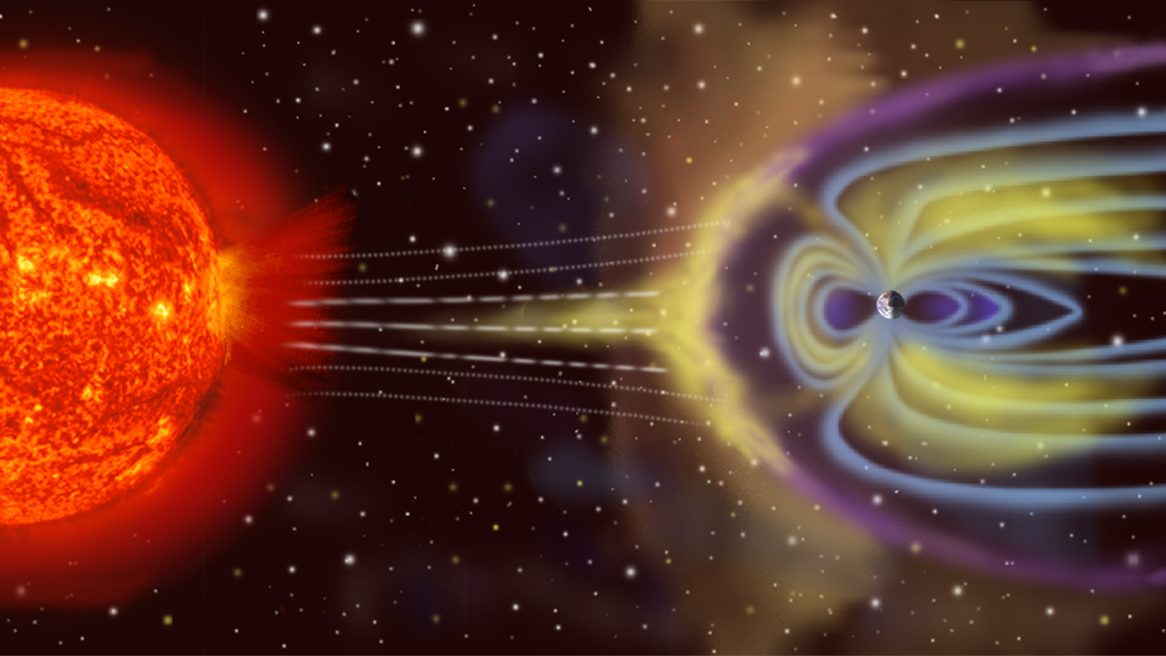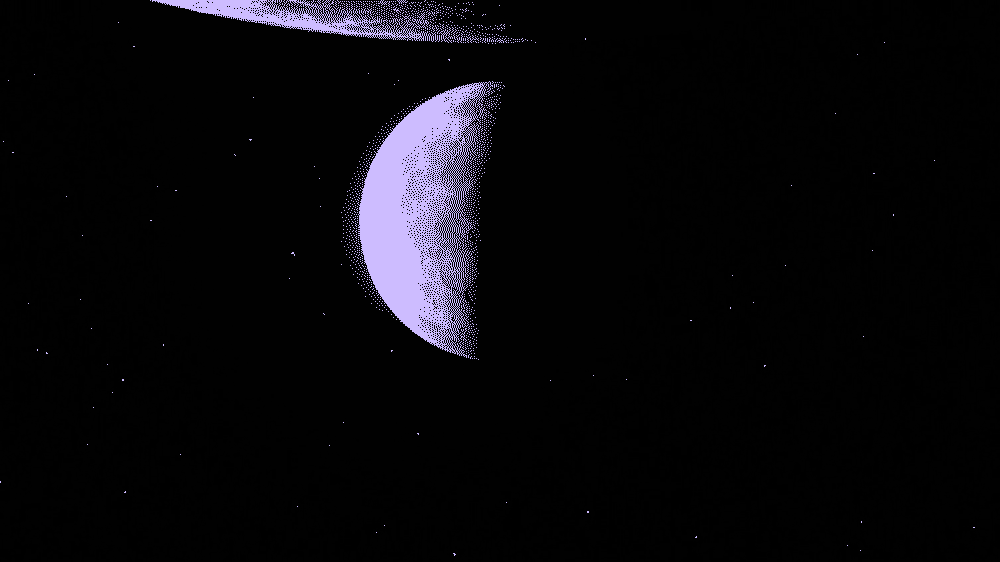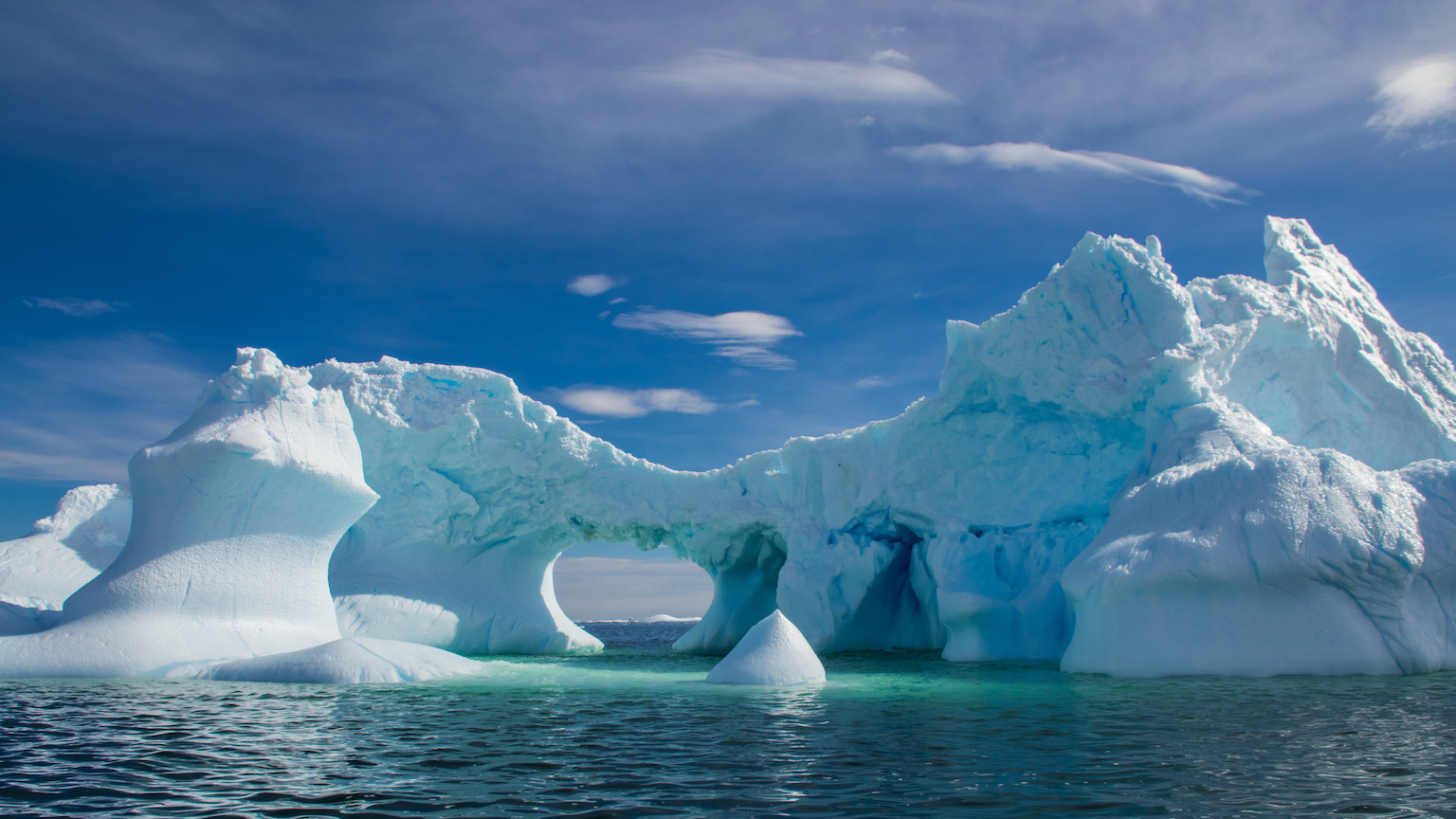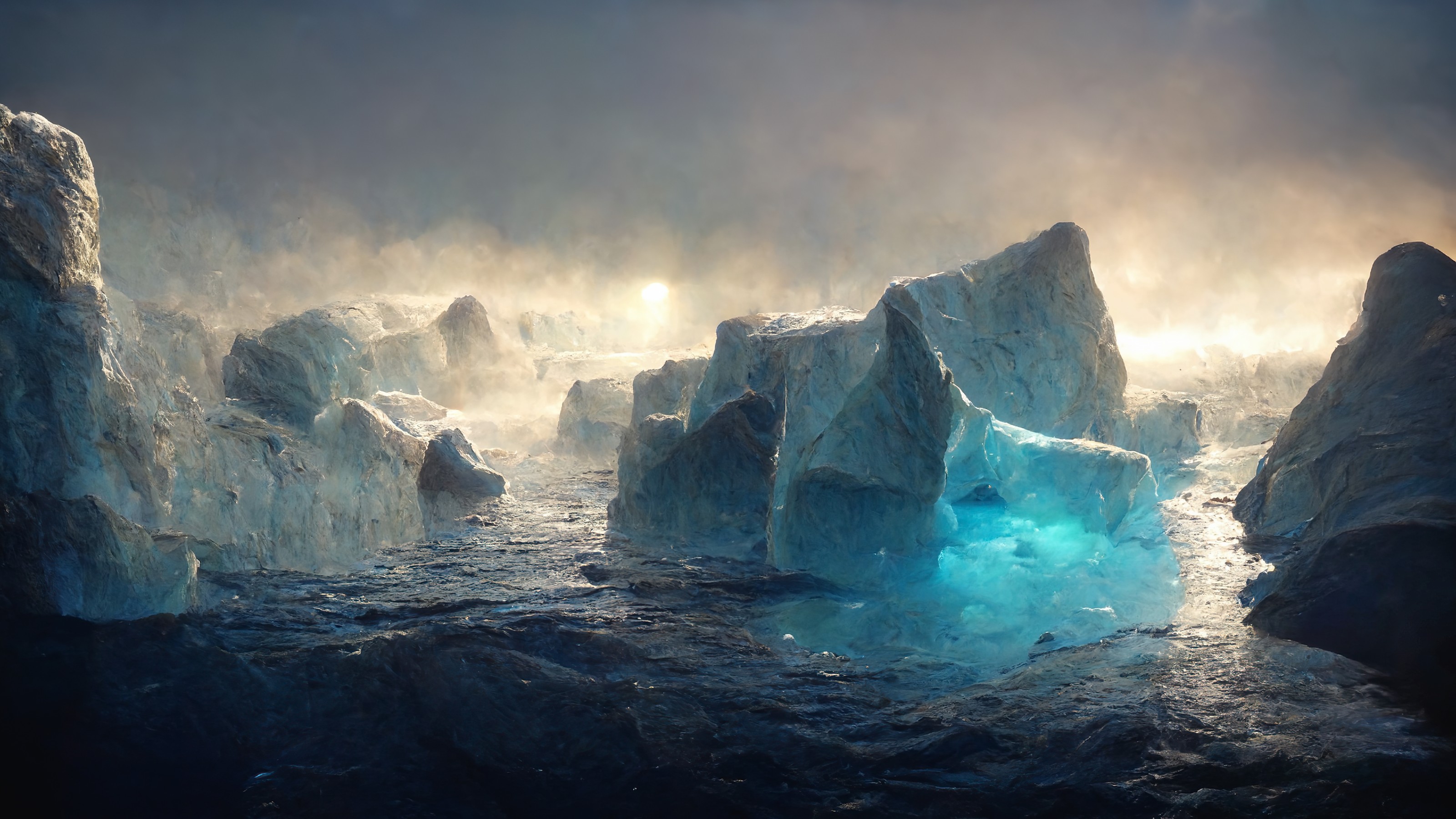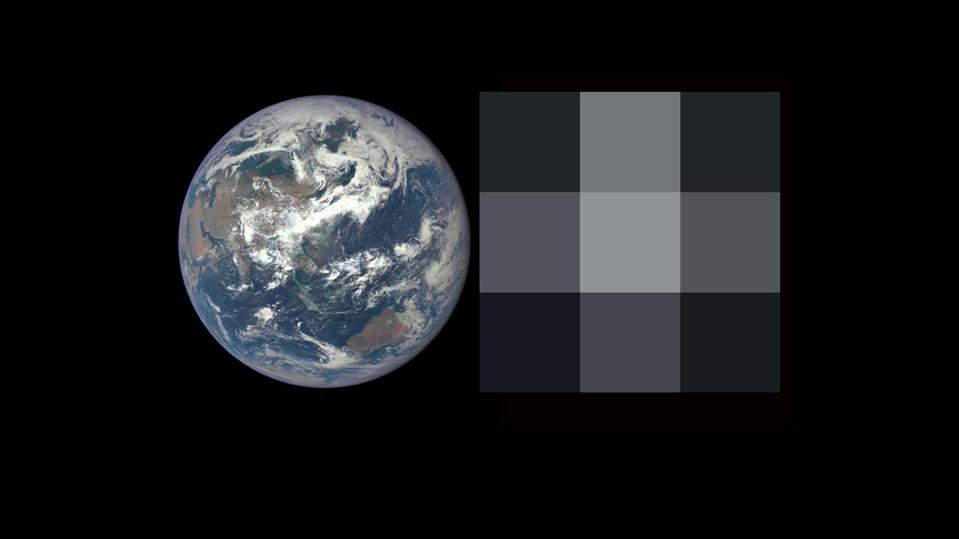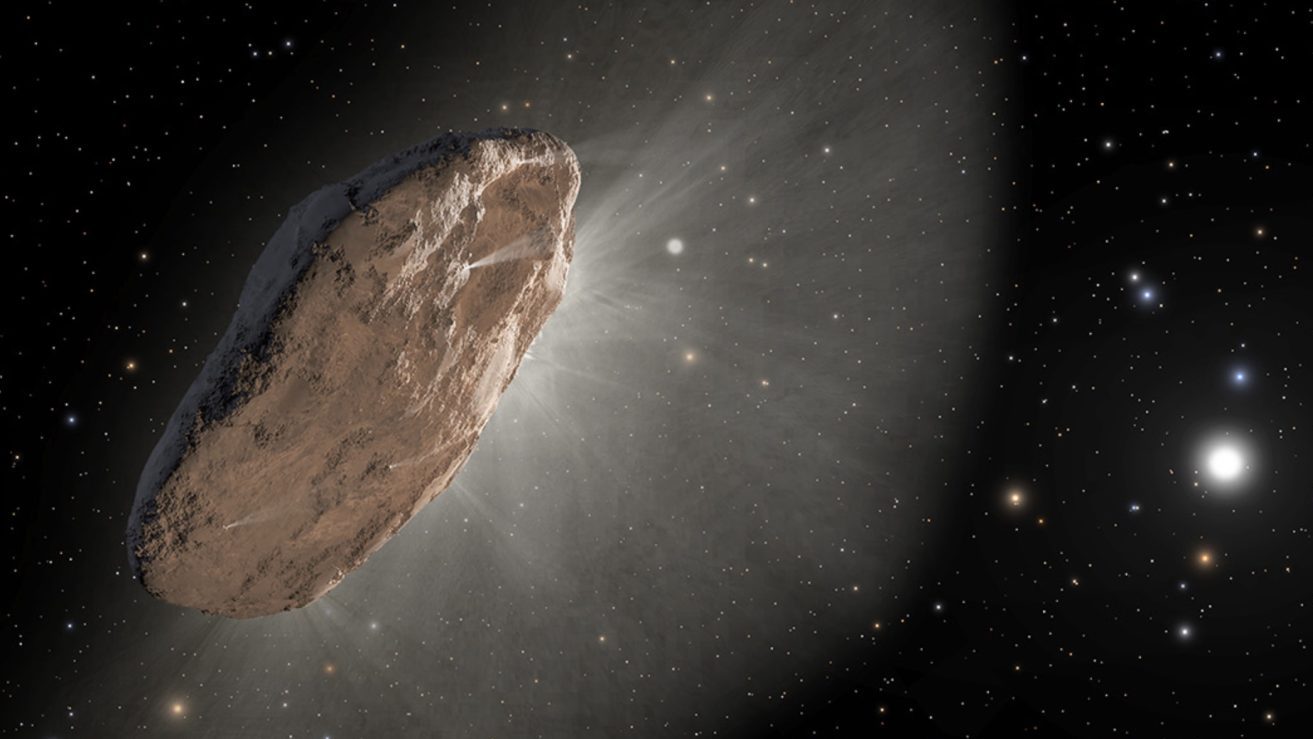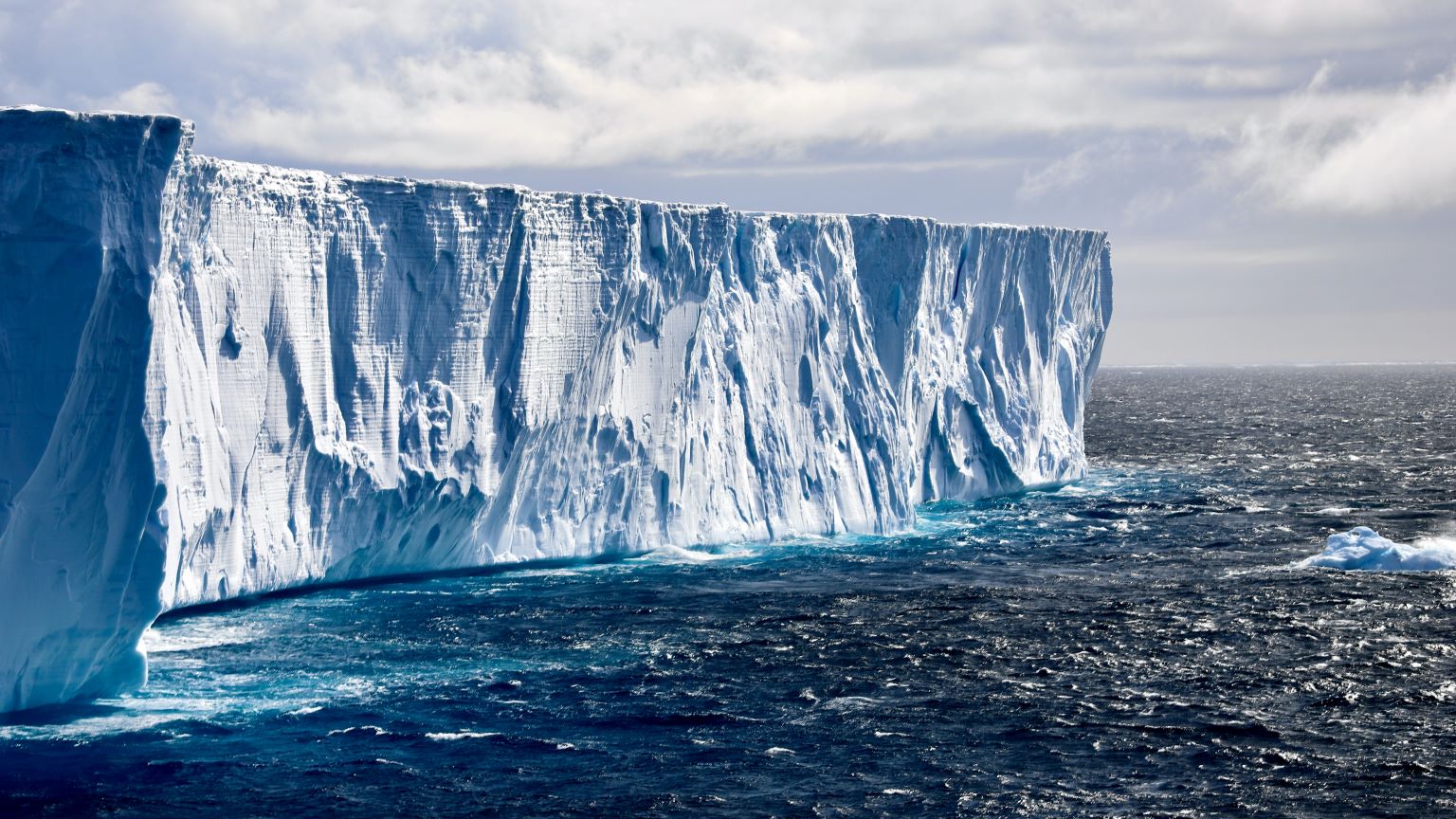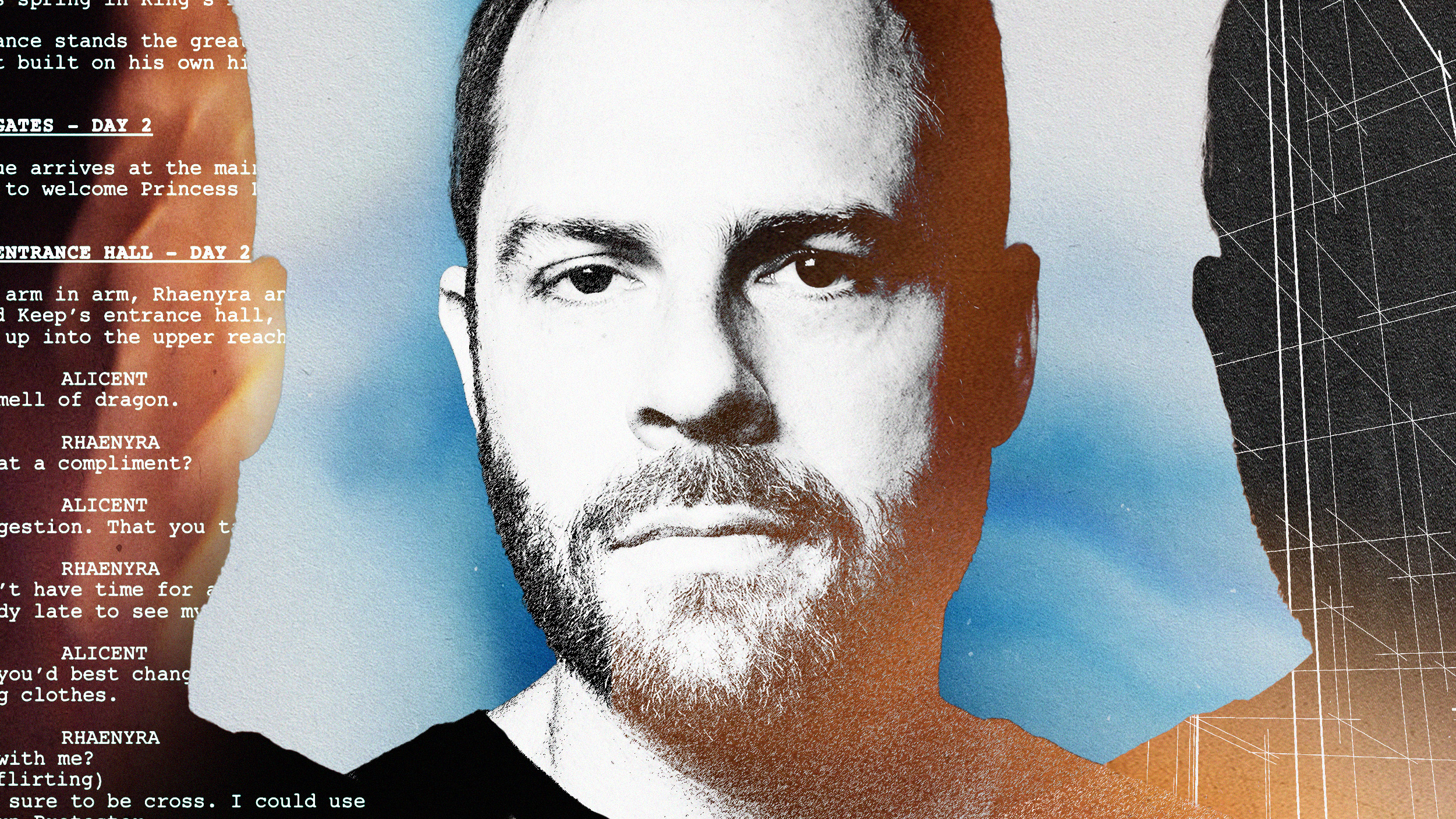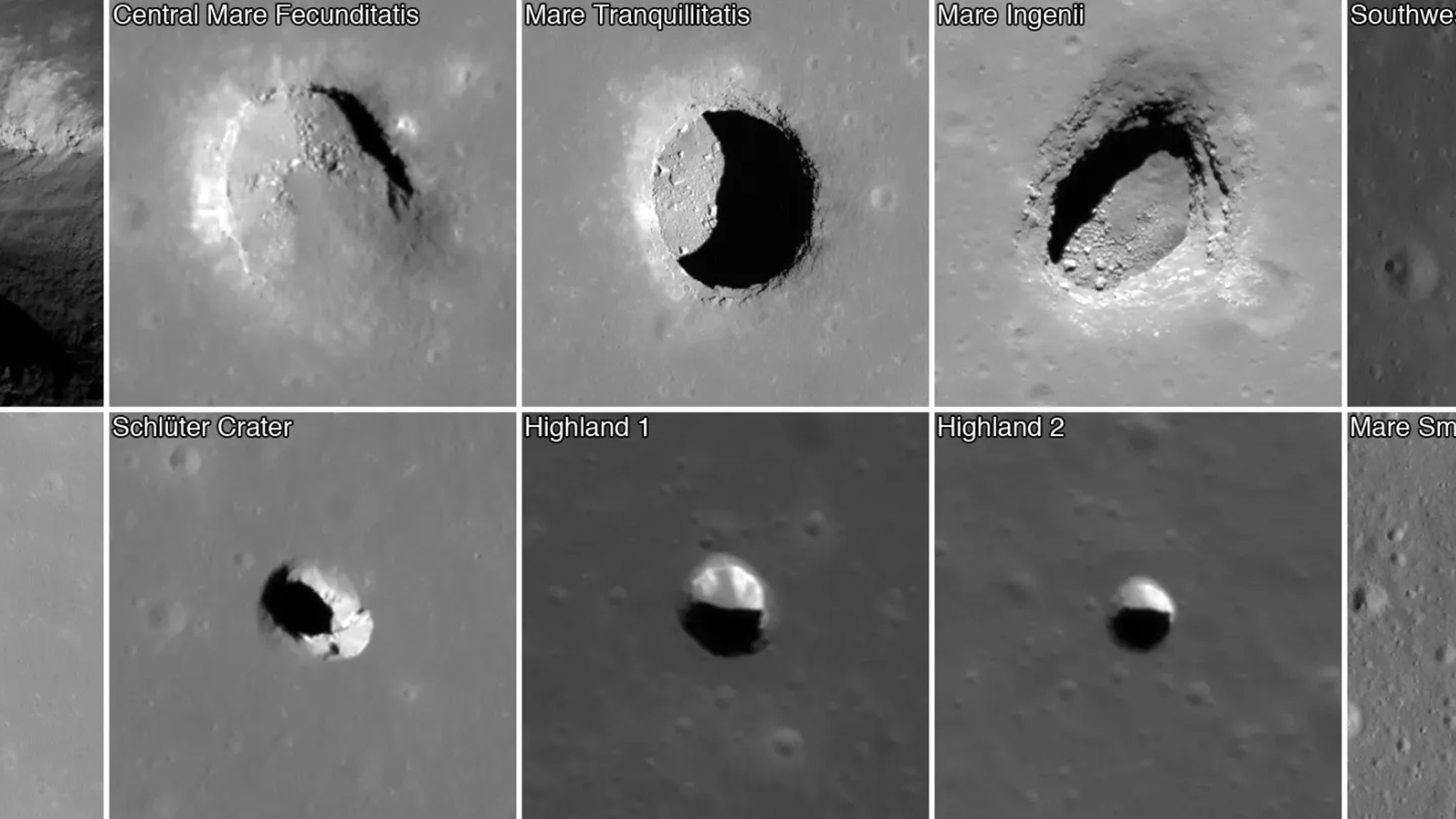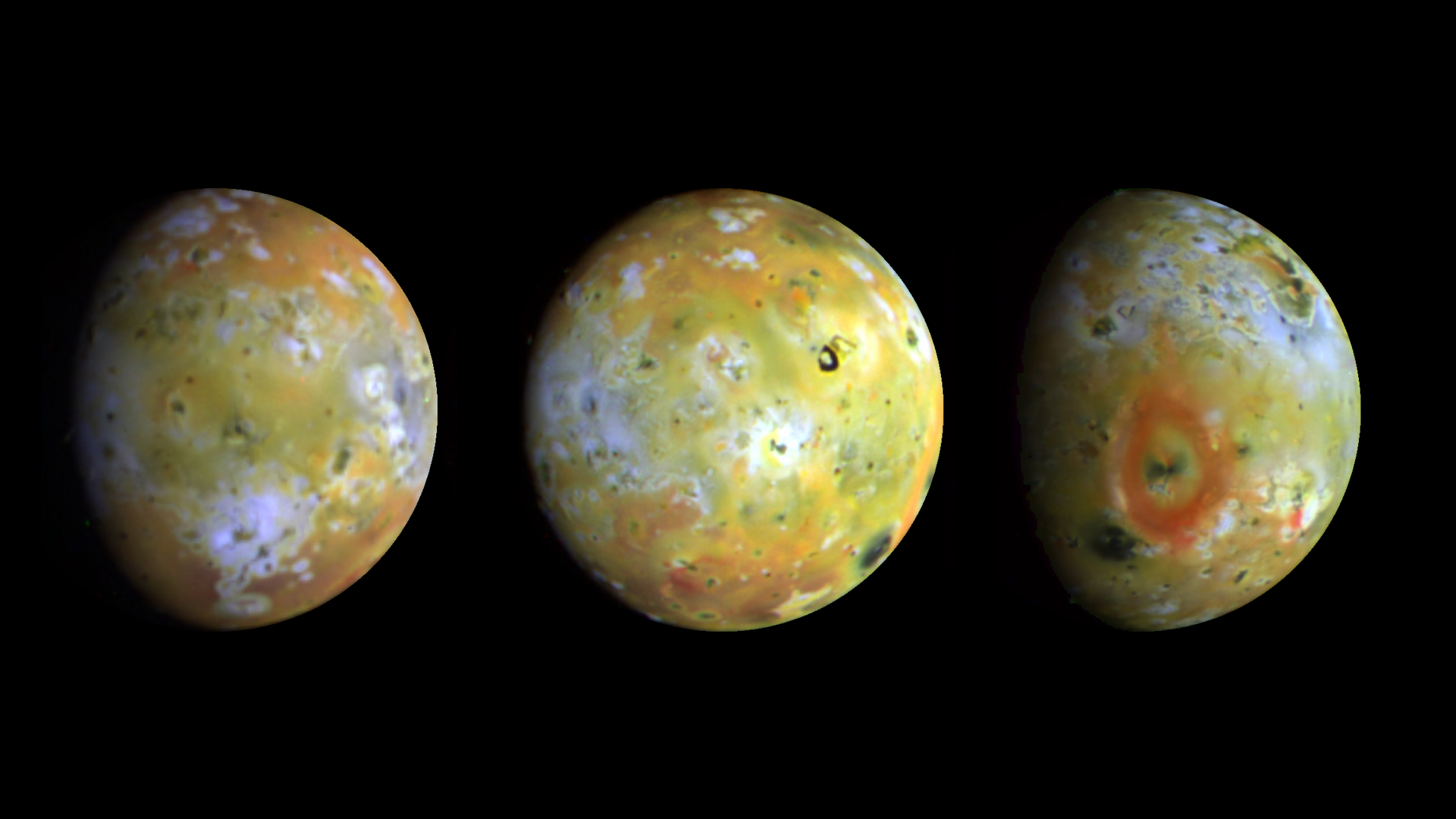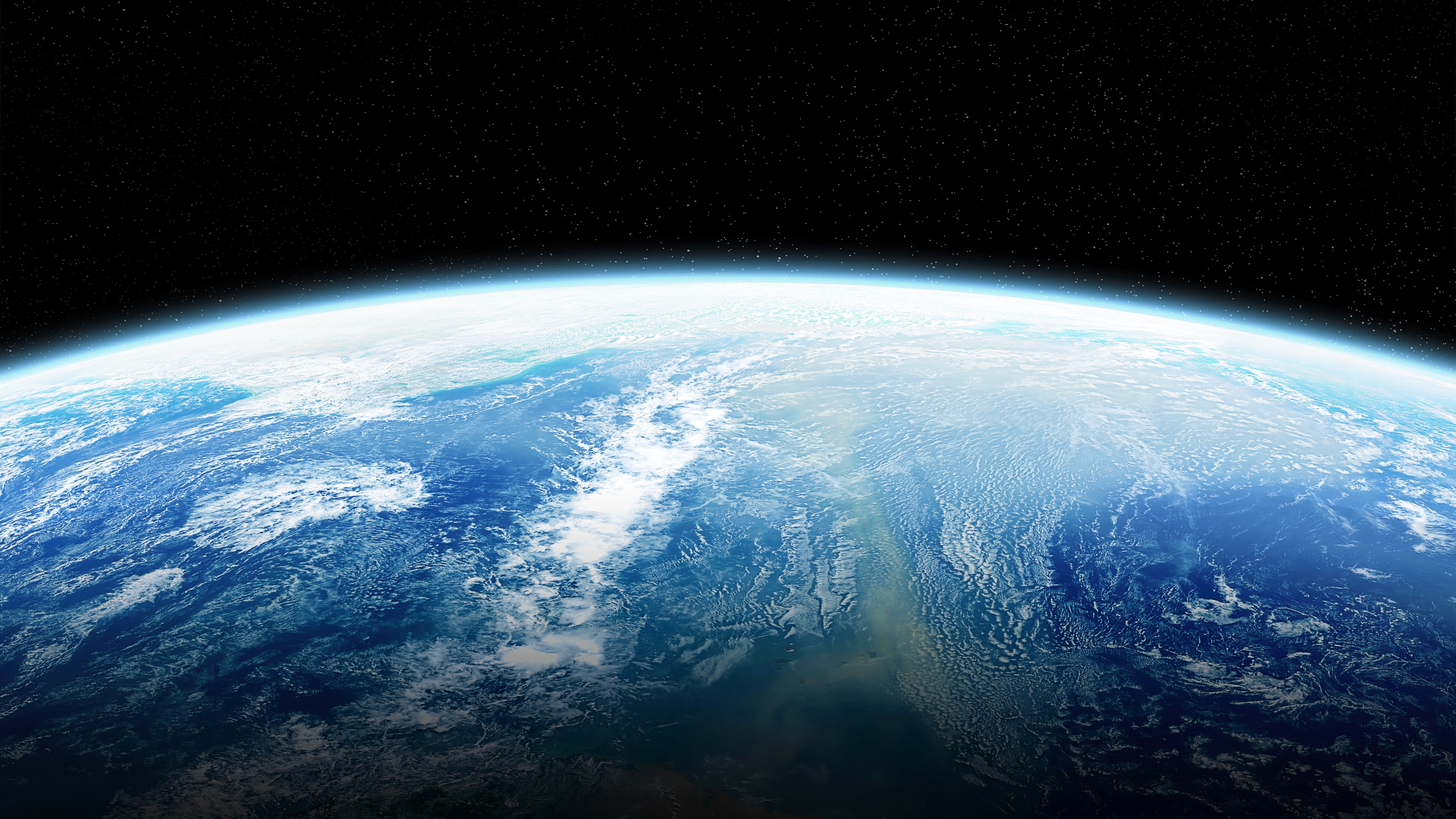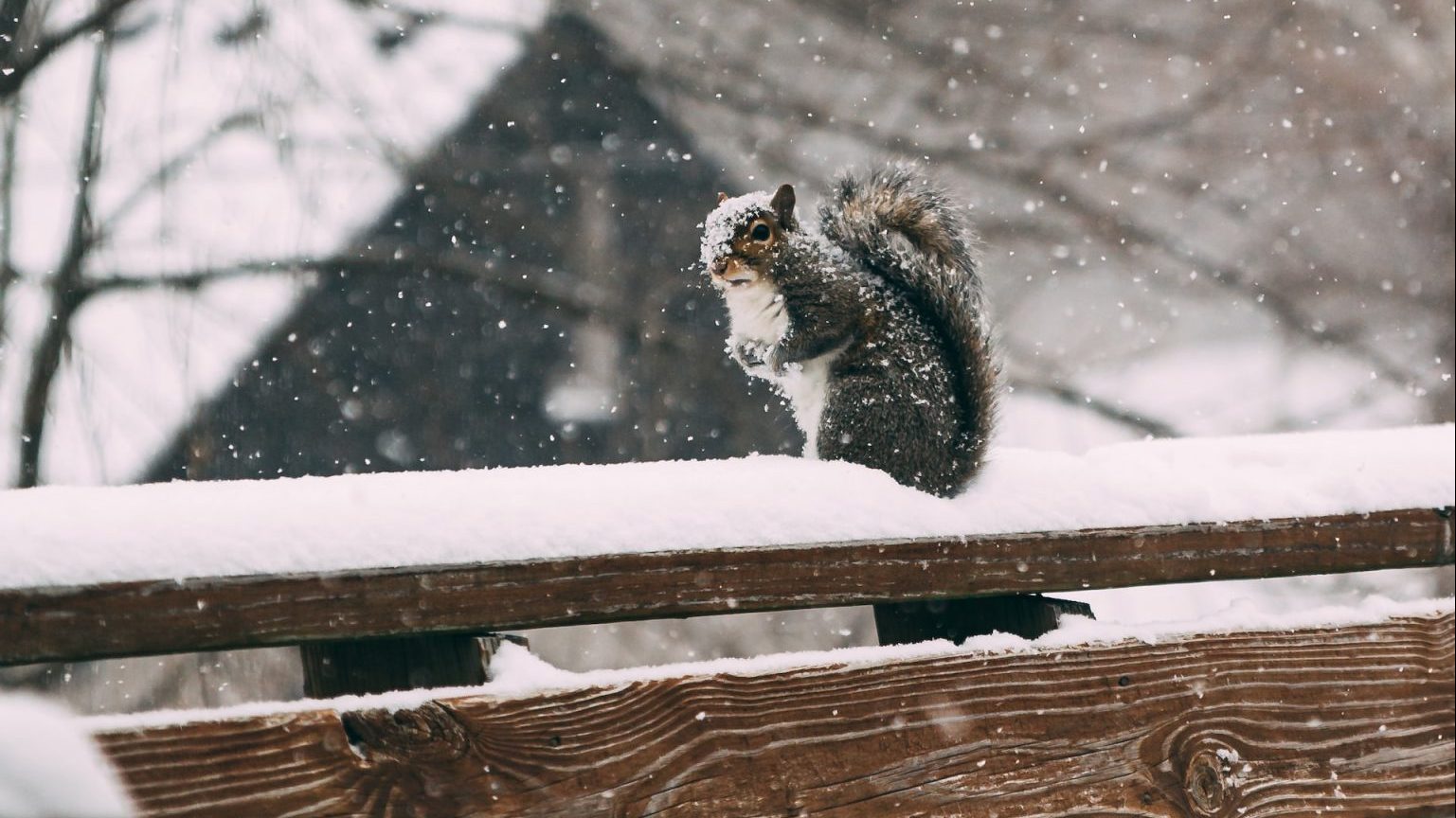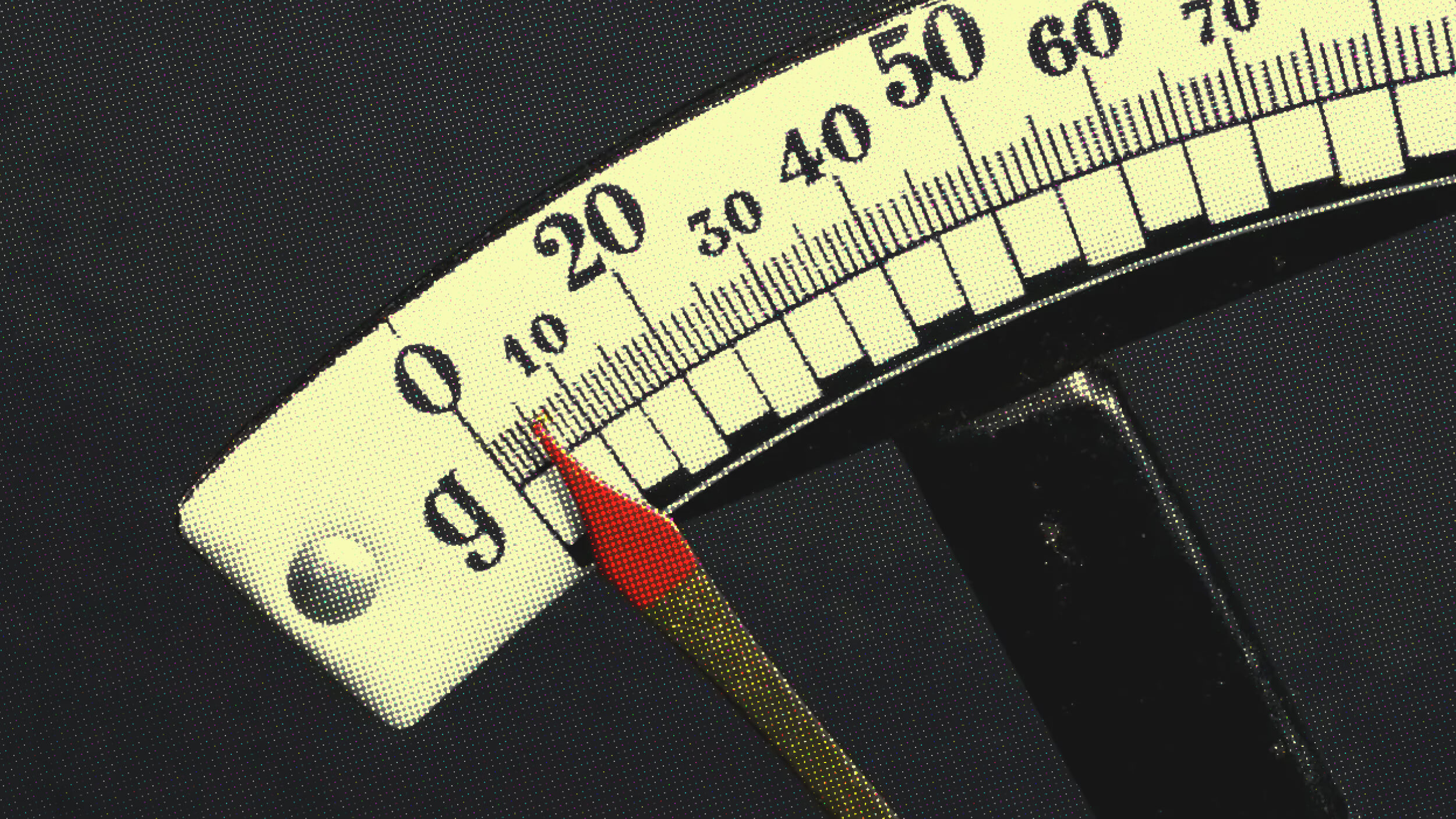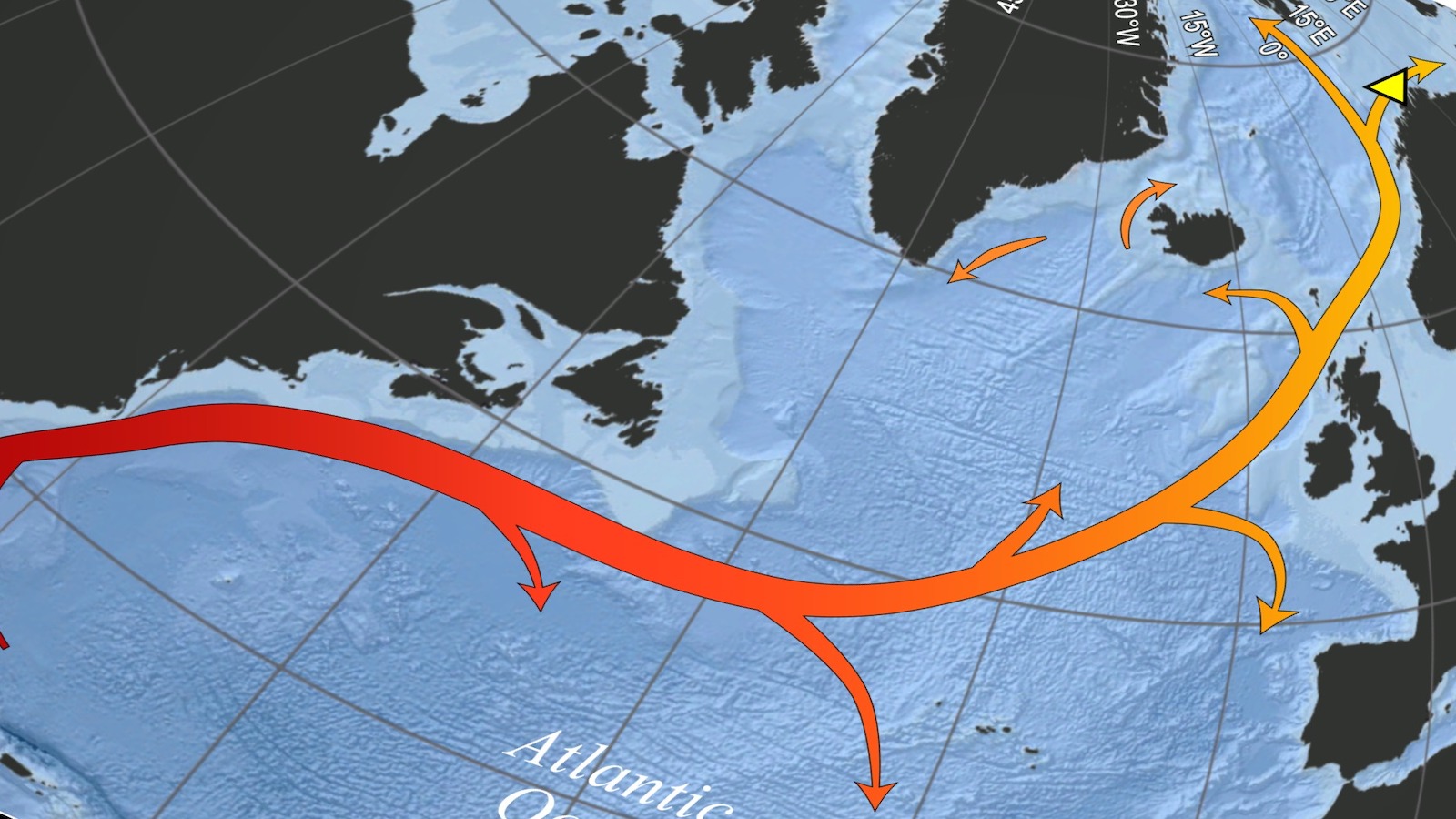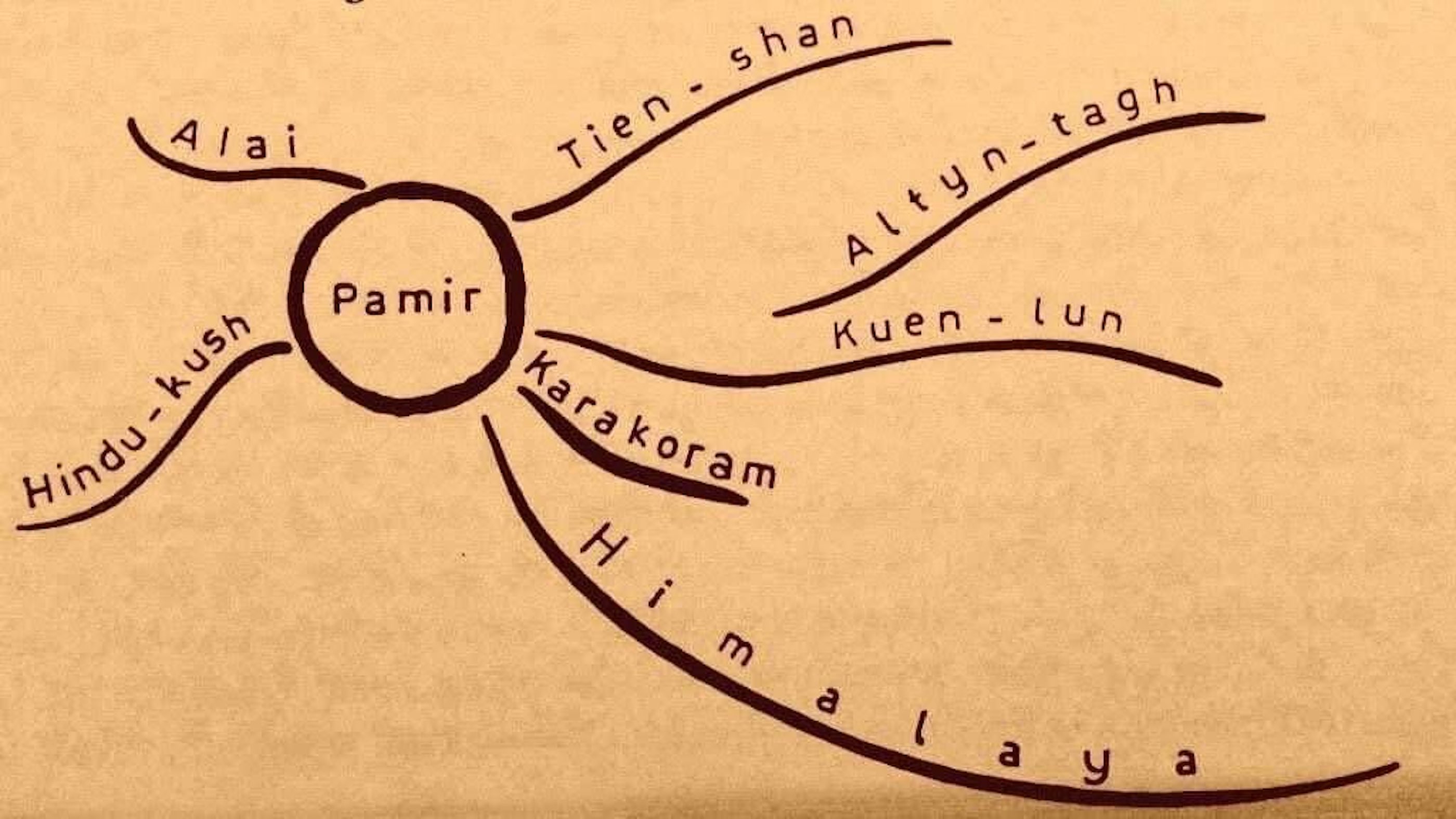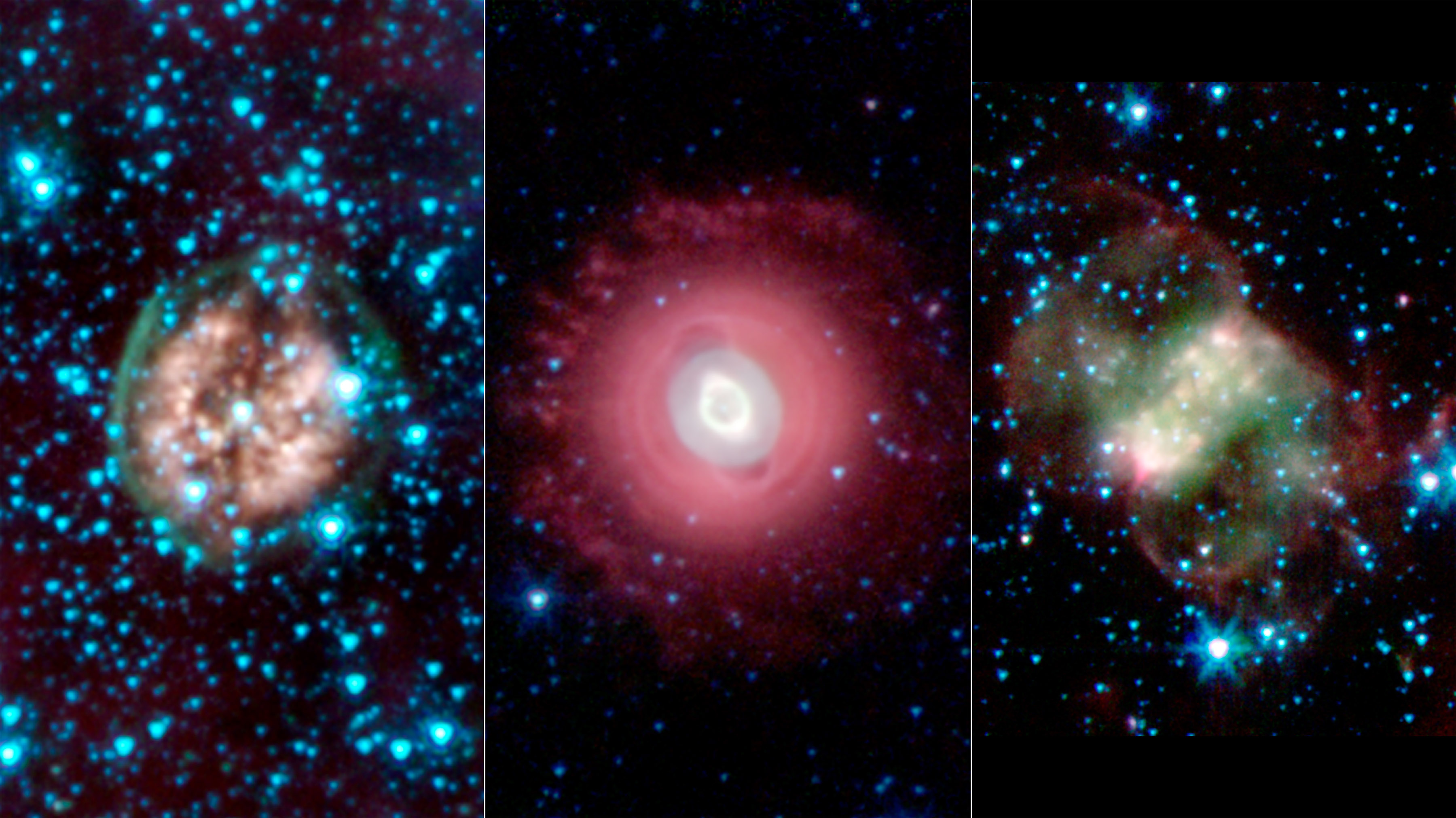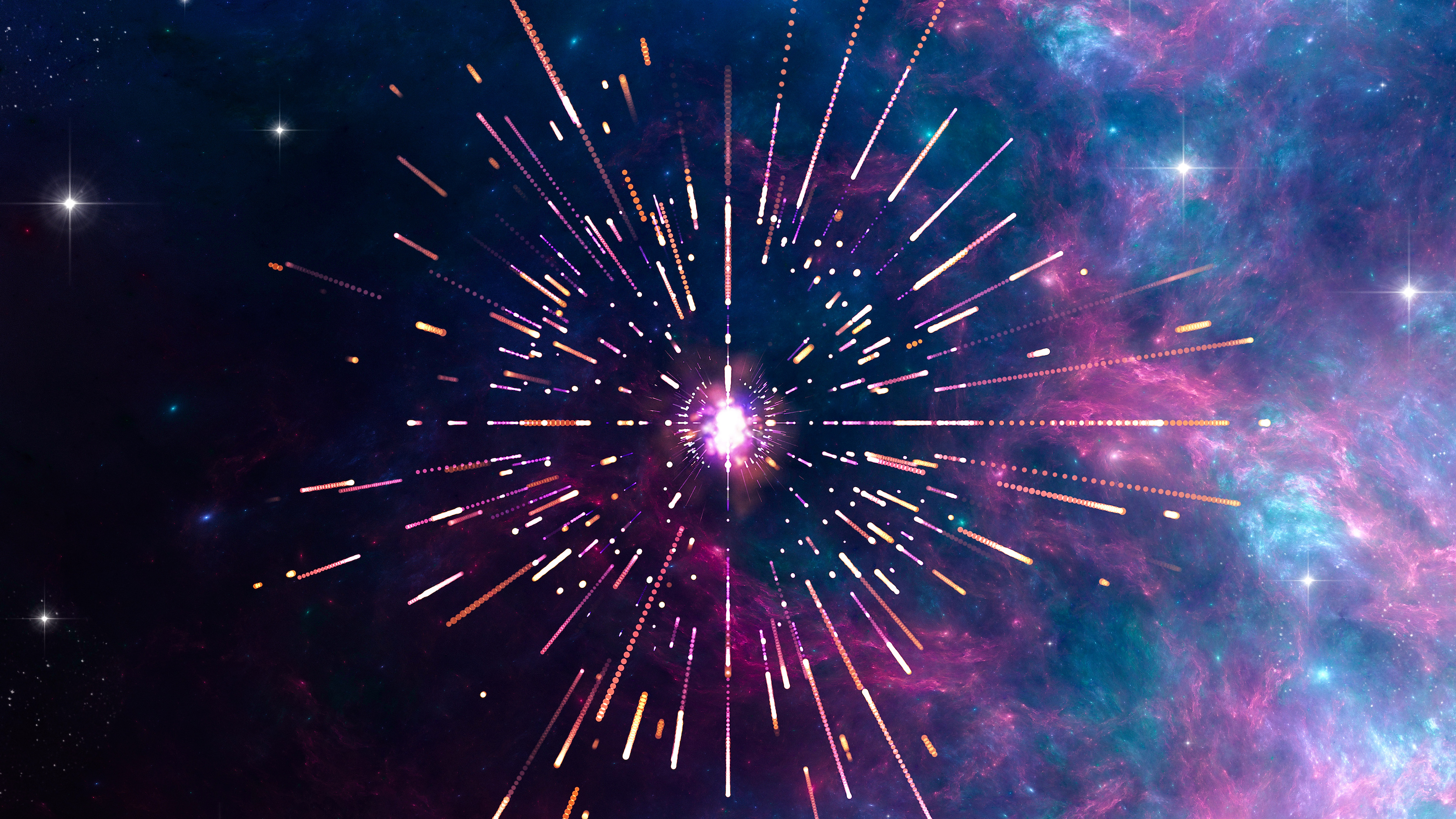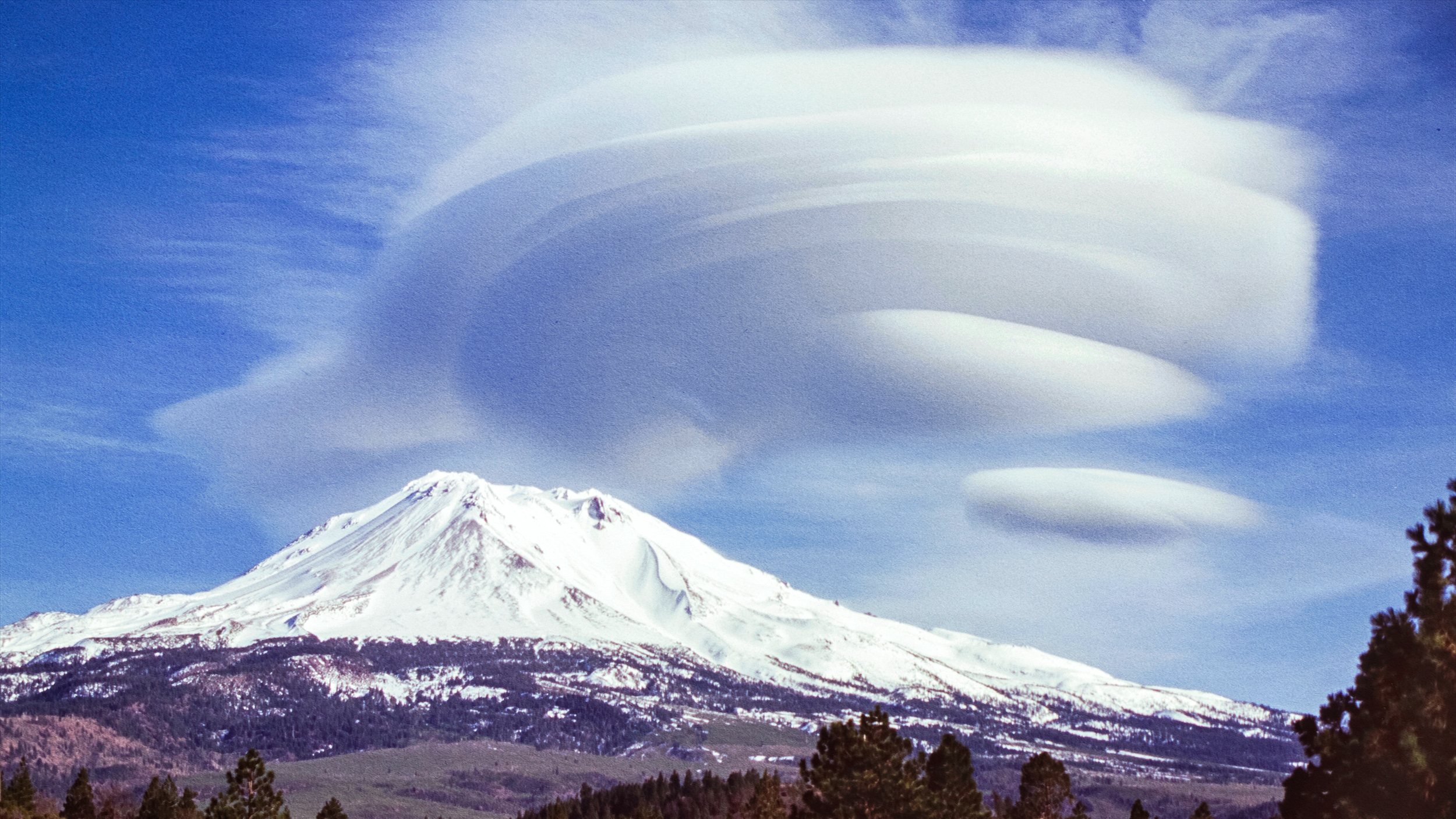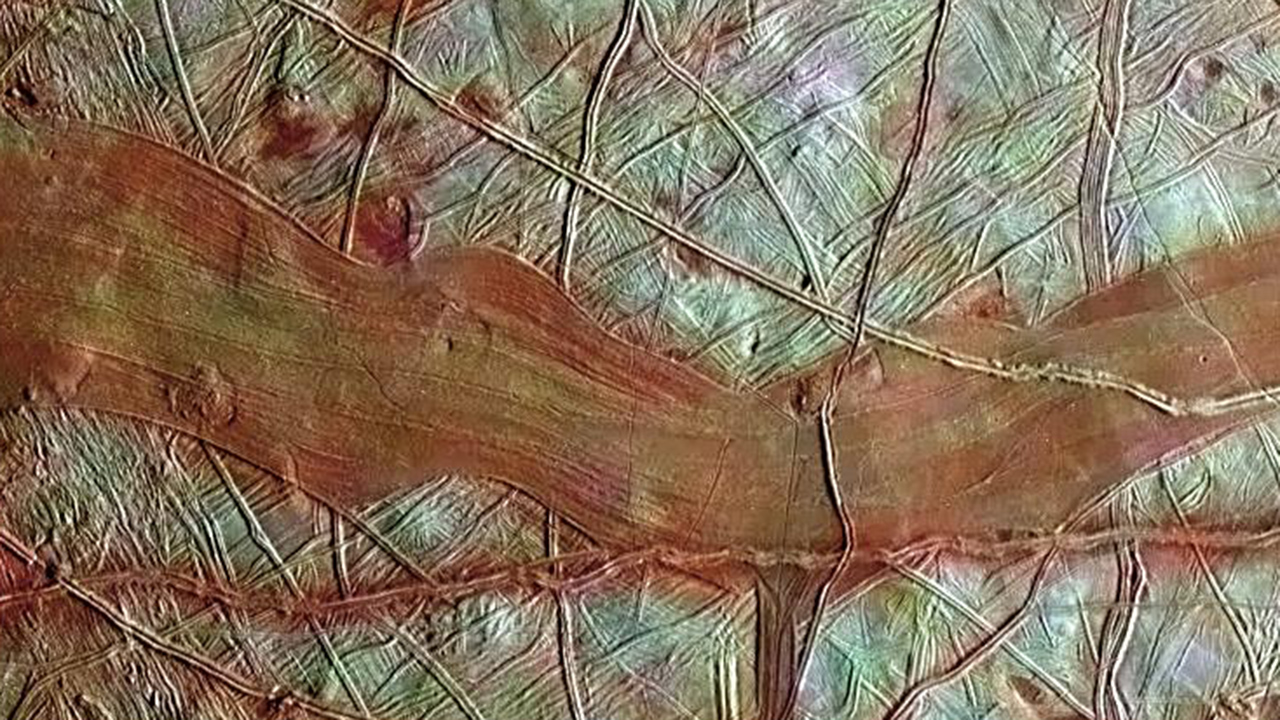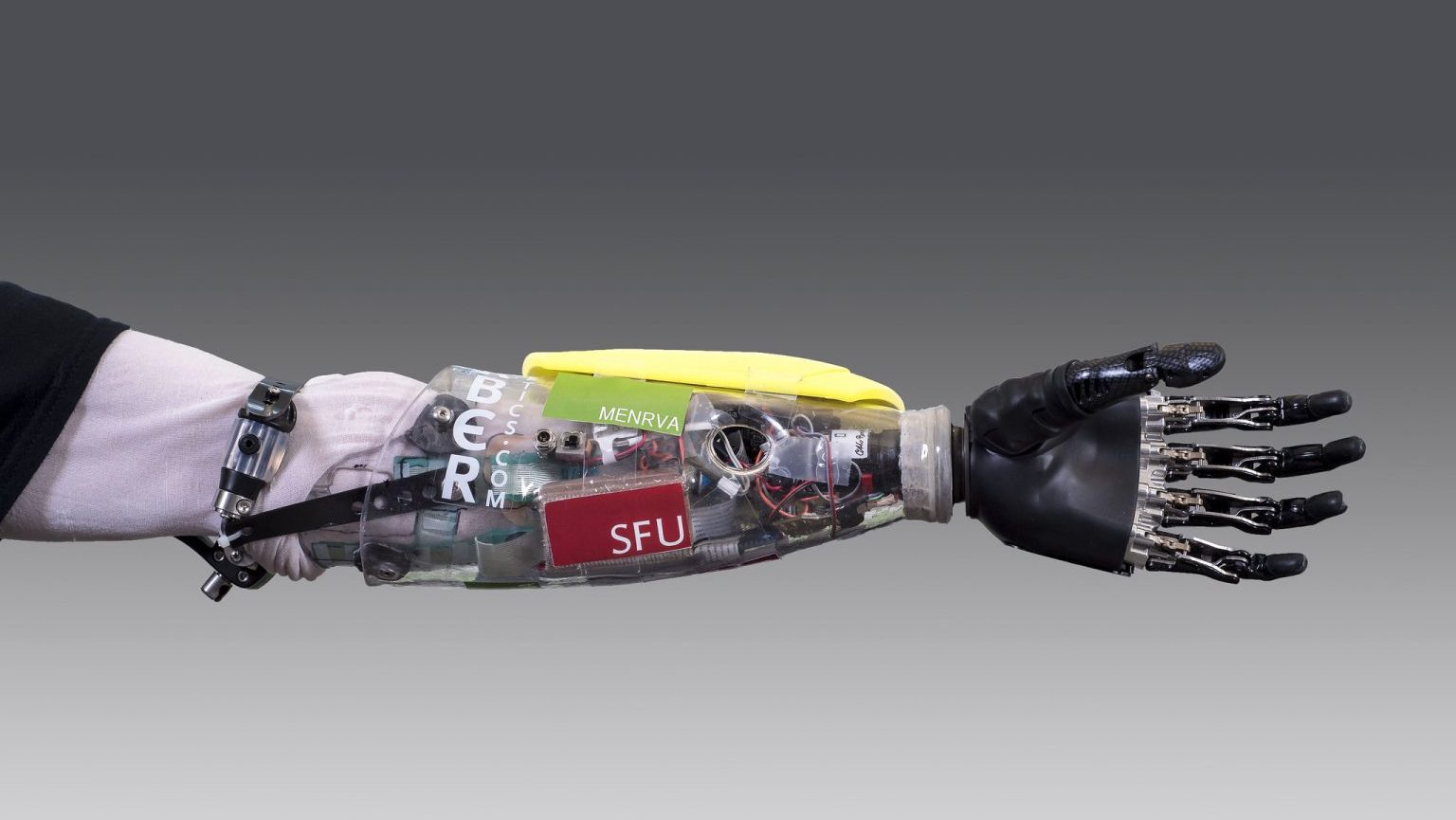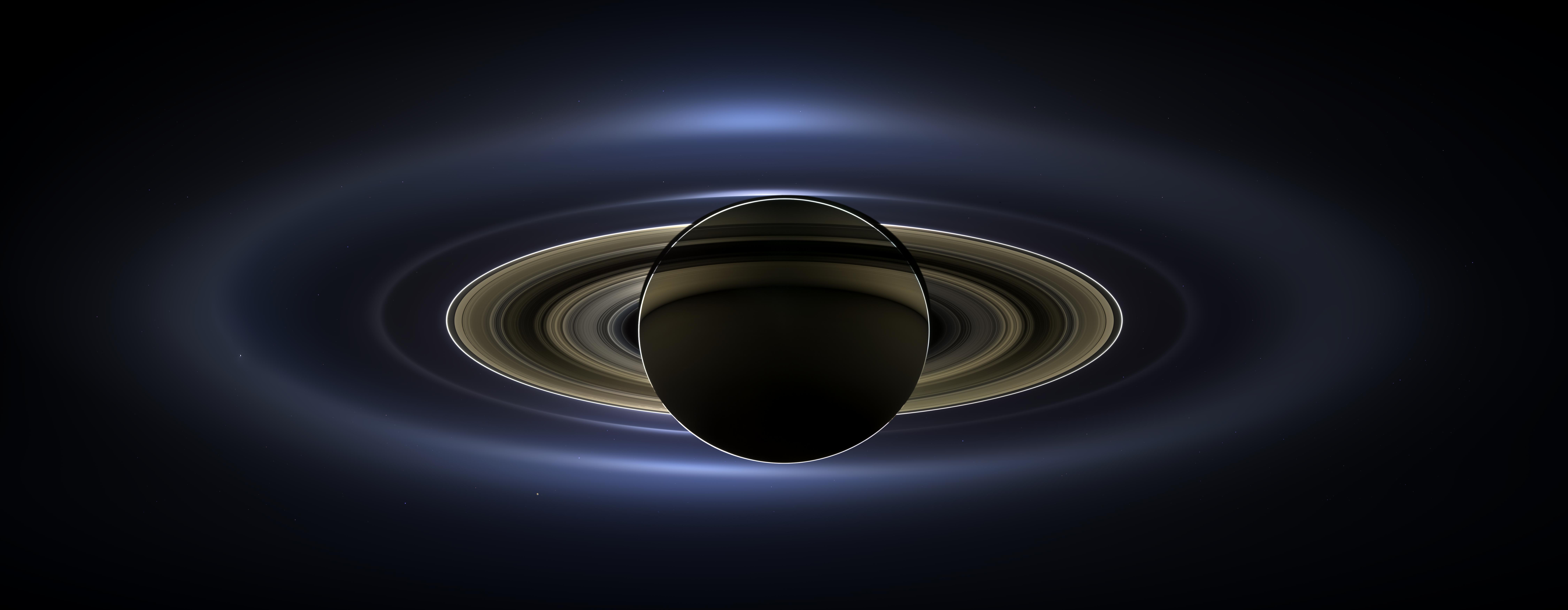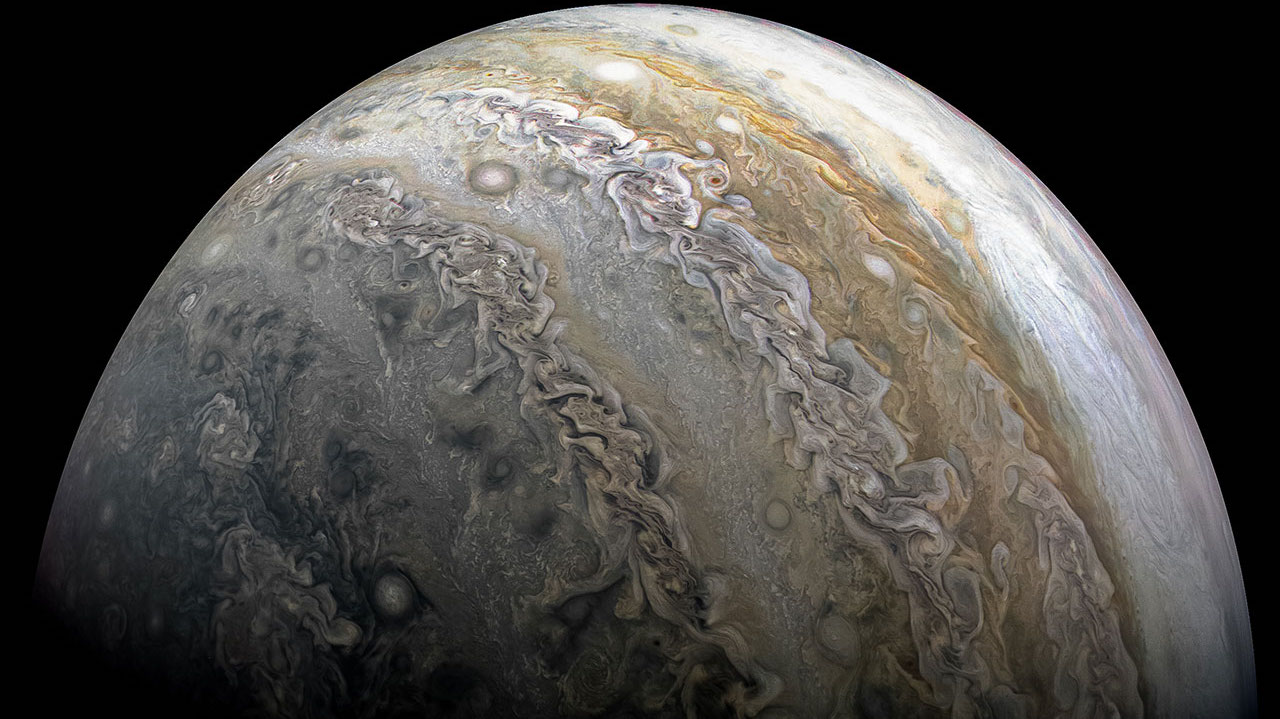“Not my circus, not my monkeys.”
Search Results
You searched for: ice
As the Sun ages, it loses mass, causing Earth to spiral outward in its orbit. Will that cool the Earth down, or will other effects win out?
The Earth that exists today wasn’t formed simultaneously with the Sun and the other planets. In some ways, we’re quite a latecomer.
Some microbes can withstand Earth’s most inhospitable corners, hinting that life may be able to survive similarly extreme conditions on other worlds.
Back in 1990, we hadn’t discovered a single planet outside of our Solar System. Here are 10 facts that would’ve surprised every astronomer.
The detection of two celestial interlopers careening through our solar system has scientists eagerly anticipating more.
A floating platform the size of Rome collapsed off of Antarctica.
Under extreme conditions, matter takes on properties that lead to remarkable, novel possibilities. Topological superconductors included.
Ryan Condal, who worked in pharmaceutical advertising before Hollywood, talks with Big Think about imposter syndrome, “precrastination,” and Westeros lore.
The recent discovery of a large cave on the Moon highlights the importance of caves not just for future space explorers but astrobiology as well.
On Earth, microbial growth is common in lava tubes no matter the location and climate, whether it’s ice-volcano interactions in Iceland or hot, sand-floored lava tubes in Saudi Arabia.
In the 1970s, James Lovelock proposed that the biosphere was not just green scruff quivering on Earth’s surface. Instead, it managed to take over the geospheres.
If dogs are out in coats and boots, how are the squirrels feeling?
The best of all investor attributes is easily attained — and unbeatable in combination with other advantages.
“A person’s mass is made not of ‘stuff’ in the way we normally think about it, but rather our mass is made of energy.”
If we’re going to discuss oceanography and climate change, we should at least identify the currents correctly.
This minimalist map unties Asia’s mountainous geography, centered on the “Pamir Knot.”
What kind of object will you form? What will its fate be? How long will a star live? Almost everything is determined by mass alone.
We are about to learn a lot more about the most elusive of cosmic particles.
Total eclipses are a product of a strange and almost eerie cosmic coincidence — one that makes Earth an even rarer world in the galaxy and, by proxy, in the Universe.
The mountain can generate lenticular clouds, which may contribute to its supernatural reputation.
Europa may be difficult to access. But if a recent study is correct, its subsurface ocean would be more accessible than previously thought.
In the international competition, people with physical disabilities put state-of-the-art devices to the test as they race to complete the tasks of everyday life.
The secret ingredient is violence, and it just might indicate that “moonmoons” aren’t as uncommon as most astronomers think.
The outer planets’ clouds hide the weirdness within.
Author A.J. Jacobs explores how voting has changed since the days of the Founding Fathers — for better and for worse.
We rightly celebrate Winston Churchill as one of the world’s greatest leaders — but for all the wrong reasons.
Life might be more common across the Universe than the “Hard Steps Model” suggests.
Here’s what recent DESI measurements suggest — and why it’s too early to update conventional predictions about the Universe’s distant future.

